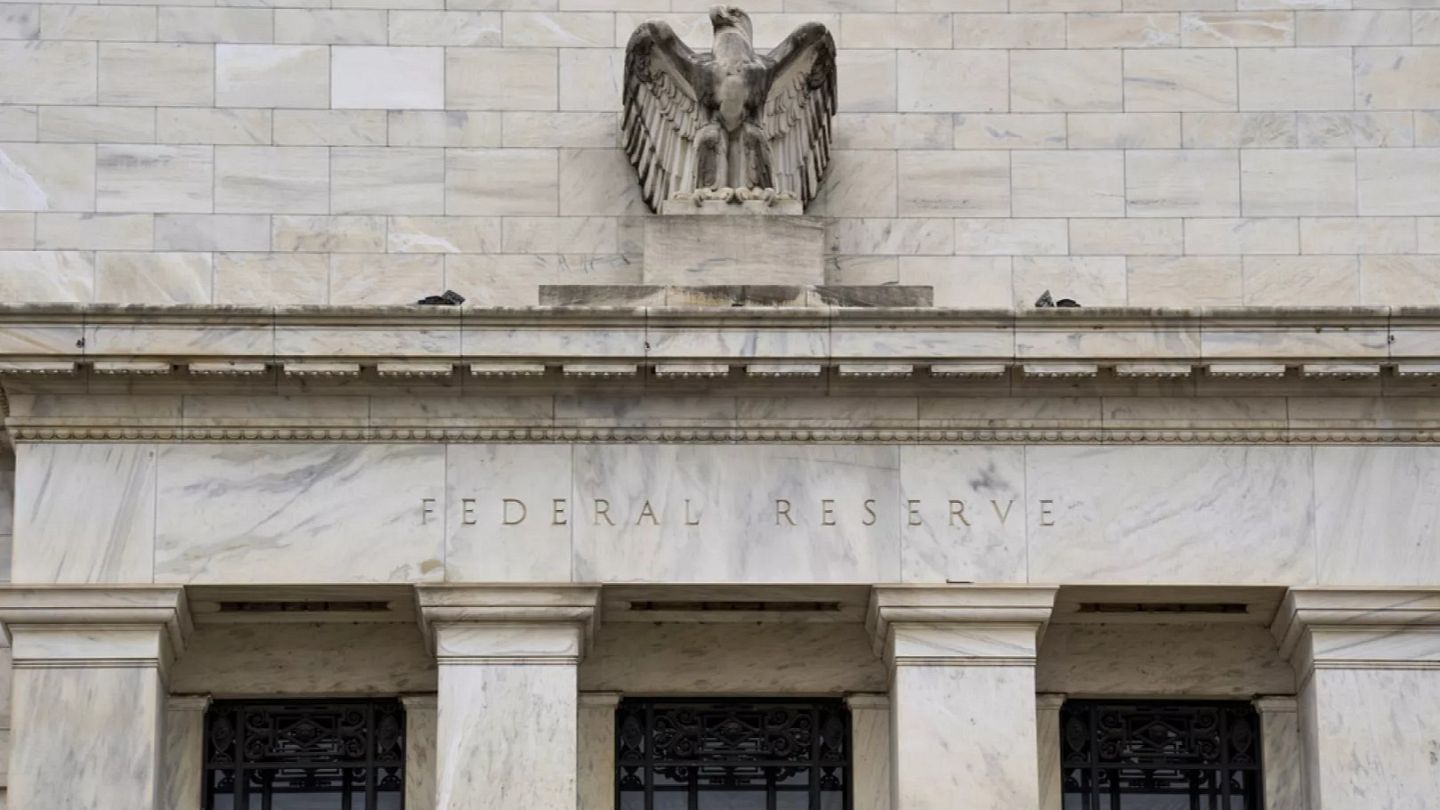Could the Fed find itself in a difficult position as customs tariffs in the US increase prices and slow down hiring?
Federal policymakers noted in last month's meeting minutes that high inflation expectations stemming from widespread tariffs and weak hiring could put the Federal Reserve in a difficult position.
The minutes released on Wednesday indicated that if inflation remains stubbornly high, the Federal Reserve (Fed) may not change its benchmark interest rate. Additionally, policymakers noted that if growth slows and unemployment rises, the interest rate could be lowered. The minutes pertain to the Fed's meeting on March 18-19. However, some of the 19 officials on the committee that sets interest rates said that if both scenarios occur simultaneously, the Fed could be "faced with challenges." Rising unemployment could generally lead to a recession, which would typically prompt the Fed to lower rates to support more borrowing and spending to stimulate the economy. However, Fed officials would likely be hesitant to cut rates if inflation rises, as the Fed usually attempts to cool high prices by not changing interest rates or even increasing them if necessary. The minutes reflect discussions among Fed officials prior to President Donald Trump's announcement on April 2 regarding comprehensive tariffs for about 60 countries and a 10% minimum tariff for almost all nations. Trump stated on Wednesday that he had suspended tariffs for 90 days but that the 10% tax would continue, and a significant 125% tax would be imposed on imports from China. The minutes also noted that tariffs on steel, aluminum, and many imports from Canada and Mexico were announced before the March meeting and had already led many companies to postpone hiring and raise prices. According to the minutes, some Fed officials reported that their business contacts "likely indicated increased costs due to rising tariff expectations" or "expressed willingness to pass on higher input costs resulting from potential tariff increases to consumers." It was also mentioned that "high uncertainty has the potential to reduce consumer spending as well as hiring and investment activities." Fed Chair Jerome Powell stated last Friday that the tariffs announced on April 2 would likely raise inflation and slow growth. He also indicated that while the effects would likely be temporary, there was a high probability of a permanent increase in inflation. Inflation has shown a sharp decline from its peak in June 2022 but continued to remain stubbornly high even before the imposition of tariffs. While consumer prices rose 2.8% in February compared to a year earlier, the March figures, which are expected to be released early Thursday, are anticipated to show that inflation has decreased to 2.6%. The next monetary policy meeting of the Federal Open Market Committee is scheduled for May 6-7.


